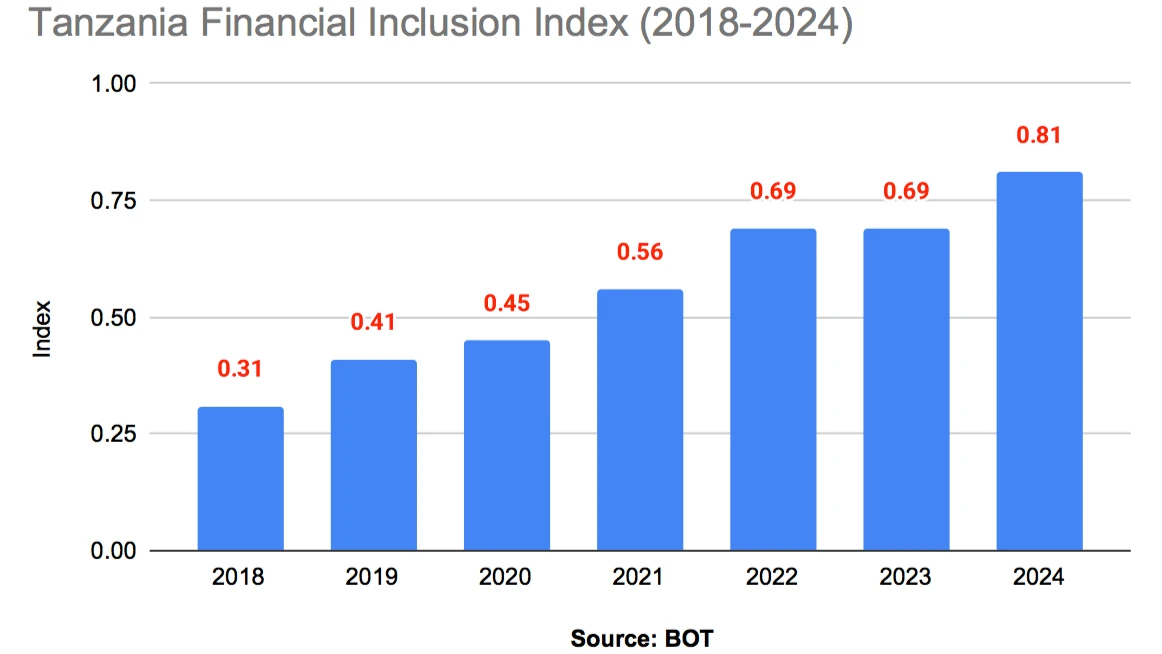Why the government should focus on inclusive job creation

EMPLOYMENT, both formal and informal, is essential for individuals to sustain their lives and contribute meaningfully to national development.
People can choose between self-employment and working for others, but regardless of the path, having a source of income is indispensable. Work generates the money needed to purchase goods and services, enabling individuals to support themselves and participate actively in society.
In addition to economic benefits, employment preserves human dignity. A hardworking and committed individual gains respect and becomes a valued member of the community. Such people are less likely to complain and more likely to create opportunities through constructive engagement.
They become problem-solvers, embracing the philosophy that success begins with action and learning from mistakes, which encourages entrepreneurial initiatives.
Given the importance of work for socio-economic progress, the challenge lies in ensuring that every able individual has an opportunity to contribute to society. Tanzania’s development trajectory, influenced by capitalism, expects the government to act as a regulator and supporter of the private sector, while individuals undertake the bulk of economic activities and pay taxes. The government’s primary responsibility is to enact laws and policies that foster a conducive environment for economic growth.
Like any responsible government, Tanzania aspires to see its citizens engaged in productive work across various sectors. However, for economic activities to thrive, motivation and support are often necessary. The government should view the success of its people’s initiatives as a reflection of national progress and adopt a business-oriented approach to organizing economic activities, aiming to create widespread employment.
Considering Tanzania’s economy and social context, labor-intensive production methods should be prioritized to generate employment opportunities for many people. Even low-paying jobs are better than unemployment because employment helps individuals use their time productively and contributes to overall economic output. To achieve this, the government must create an enabling environment that encourages individuals to work.
Tanzania is endowed with vast arable land that remains underutilized. Although a few have ventured into agriculture, many require support to expand their operations. Scaling up agricultural activities will create numerous jobs, underscoring the government’s critical role in supporting sectors that employ large numbers of Tanzanians.
Agriculture, the backbone of Tanzania’s economy, alongside other key industries, needs sustained governmental support to spur economic growth, create employment, alleviate poverty, and improve living standards.
Helping individuals access markets will increase their profits, attracting further investment and generating more jobs.
There are several compelling reasons why the government should actively provide and promote employment opportunities, either directly or indirectly.
First, increased employment boosts production. Higher production levels lead to more exports, bringing in foreign currency used to purchase goods from abroad. As exports grow, the country enjoys a favorable balance of trade, stabilizing the economy. Government support through tax incentives or subsidies can encourage businesses to employ more people and elevate production.
Second, employment expansion enhances government revenue. More businesses and workers mean higher tax collection, which in turn funds essential public services such as education, healthcare, and infrastructure development. Tax revenue generated from a productive workforce is critical for national progress.
Third, employment raises living standards. A stable job provides individuals with a reliable income, empowering them to afford essential needs such as nutritious food, healthcare, and housing. This economic security leads to an improved quality of life for workers and their families.
Moreover, employment helps reduce social problems like loitering and crime. Joblessness can lead to social unrest and unethical behaviors as people search for ways to occupy themselves. Providing jobs fosters personal responsibility and social discipline, contributing to peace and order in communities.
Employment also promotes social cohesion and advancement by engaging people productively rather than allowing them to become idle or stray into harmful activities. Since not everyone can create their own job, it is imperative that the government takes proactive steps to facilitate employment opportunities for as many citizens as possible.
In conclusion, the government must work diligently to create an environment where all capable individuals can find meaningful work. Doing so will not only empower citizens economically and socially but also drive Tanzania’s sustainable development and prosperity.
The author is a teacher based in Moshi. He can be reached at lyimo.thomas@yahoo.com
Top Headlines
© 2025 IPPMEDIA.COM. ALL RIGHTS RESERVED

























